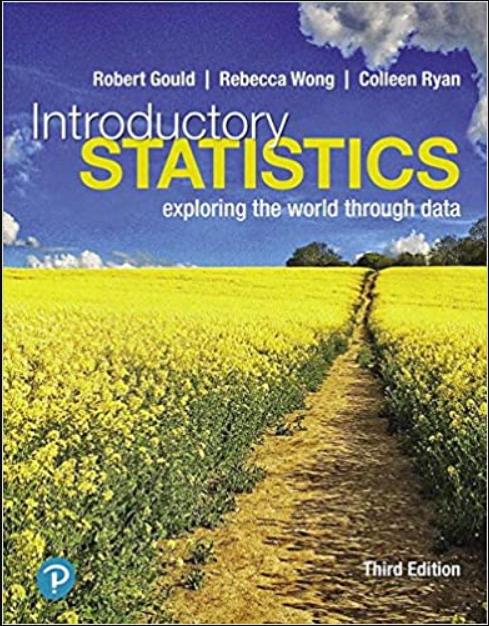In a 2017 study published at PLOS.org, researchers investigated the effect of music on creativity (Ritter and
Question:
In a 2017 study published at PLOS.org, researchers investigated the effect of music on creativity (Ritter and Ferguson 2017). Subjects were recruited for the study using an online research participation system at a university. Four pieces of music were selected with different emotional tones: calm, happy, sad, and anxious. Subjects were randomly assigned to listen to one of these four pieces or to a group that listened to no music (silence). After 15 seconds of music (or silence) subjects were given a task that assessed their creativity and divergent thinking. Read the excerpts from the study abstract and answer the following questions.
Results: Our main hypothesis was that listening to happy music, as compared to a silence control condition, facilitates divergent thinking. An independent-samples t-test was conducted to compare the happy music condition with the silence control condition on overall divergent thinking (ODT). There was a significant difference in ODT between the happy music (M = 93.87, SD = 32.02) and silence (M = 76.10, SD = 32.62) conditions, t (57) = 2.110, p = .039. The results suggest that listening to happy music increases performance on overall divergent thinking.
a. Identify the treatment variable and the response variable.
b. Was this a controlled experiment or an observational study? Explain.
c. Can you conclude from that listening happy music enhances divergent thinking? Why or why not?
Step by Step Answer:

Introductory Statistics Exploring The World Through Data
ISBN: 9780135163146
3rd Edition
Authors: Robert Gould, Rebecca Wong, Colleen N. Ryan





